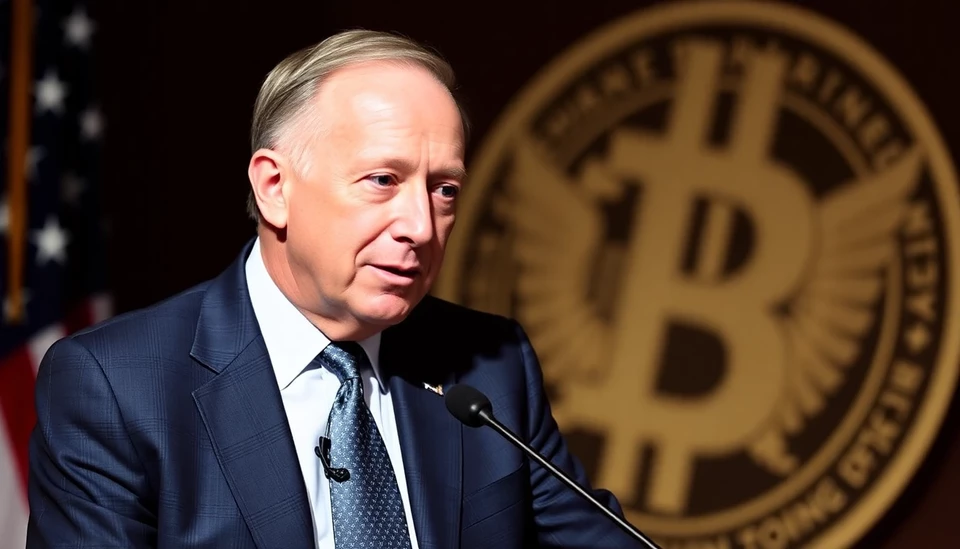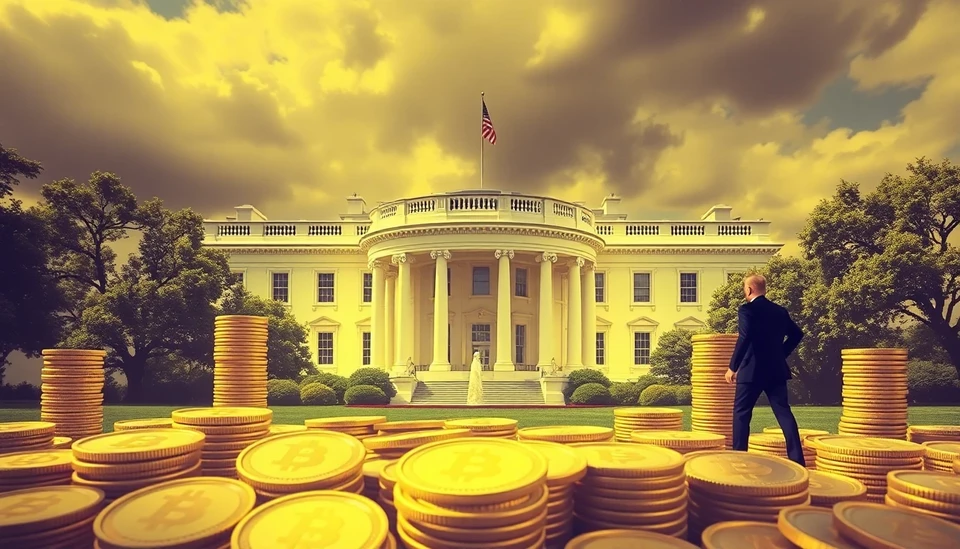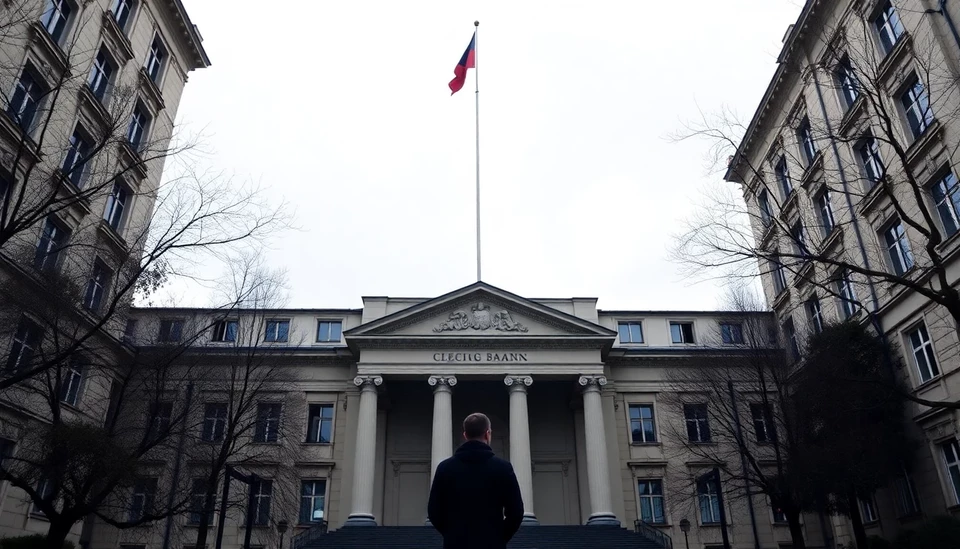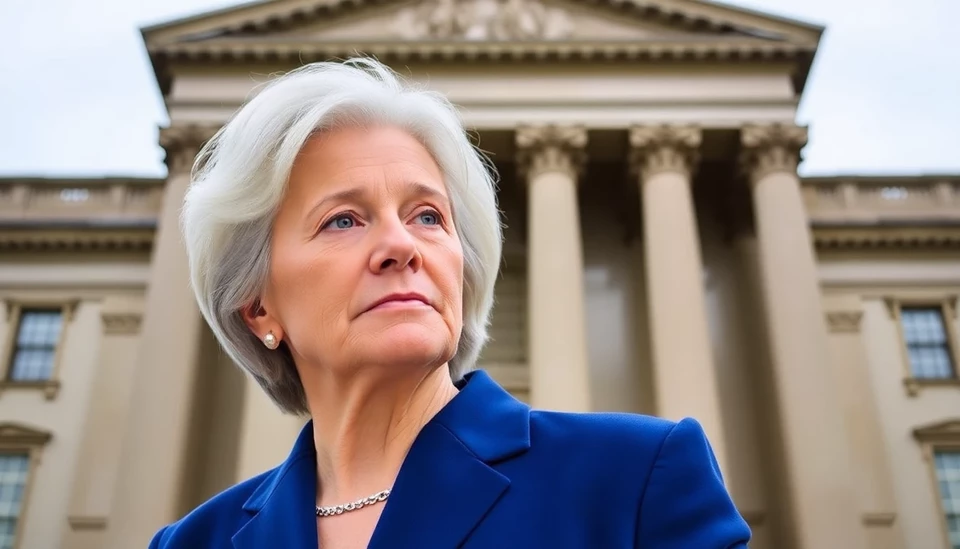
In a striking evaluation of the proposal for the United States to establish a national Bitcoin reserve, former Treasury Secretary Larry Summers has labeled the idea as “crazy.” Speaking at a conference, Summers articulated his skepticism about the practicality and implications of such a move, reflecting deep concerns about the future role of cryptocurrencies in the financial ecosystem.
Summers, who has long been a prominent voice in economic policy discussions, elaborated on his criticisms by stating that the conception of a national Bitcoin reserve could lead to a chaotic financial environment. He questioned the underlying assumptions of cryptocurrency stability and what such a reserve would mean for traditional monetary policy. By aligning national interests with Bitcoin, Summers fears the potential for significant market disruptions that could affect the economic stability the U.S. has carefully curated over decades.
During his speech, the former Treasury chief emphasized that moving towards a national Bitcoin reserve would represent a radical departure from conventional reserve mechanisms, potentially eroding the trust in standard currencies and financial systems. He called for maintaining a more cautious and balanced approach regarding the adoption of cryptocurrencies in mainstream finance.
Summers' remarks come at a time when interest in cryptocurrencies is at a peak, provoking debates about their legitimacy and place within established monetary frameworks. His clear disdain for the idea reflects broader skepticism among traditional economists about the long-term sustainability of cryptocurrencies. He argues that the volatility associated with Bitcoin renders it an unreliable asset for national reserves, cautioning policymakers against embracing a model that could have unpredictable consequences.
Moreover, Summers pointed to the regulatory challenges posed by cryptocurrencies, highlighting that a national reserve could exacerbate existing issues related to fraud, money laundering, and tax evasion. He urged lawmakers to think critically about the ramifications of intertwining national fiscal policy with digital currencies that do not have the backing of tangible assets.
As the debate around cryptocurrencies continues to gain traction, with both proponents and opponents articulating their positions fervently, Summers’ critique serves as a salient reminder of the inherent risks involved in completely embracing digital currencies as a facet of national financial frameworks. The dialogue about a potential Bitcoin reserve has opened up a multitude of discussions about the future of money and the role that innovative financial technologies could play in the global economy.
With the ongoing evolution of cryptocurrencies and their growing popularity, policymakers and economic leaders will likely need to navigate these complex waters cautiously. The insights provided by Summers encapsulate the hesitancy that some of the most distinguished financial minds hold regarding radical changes in currency structures.
As the U.S. government continues to explore the implications of cryptocurrencies, it remains to be seen how this discourse will impact future regulations and whether the establishment of a national Bitcoin reserve will ever gain traction amongst lawmakers with less controversial visions for financial stability.
In conclusion, while the idea of a national Bitcoin reserve may captivate the imagination of certain segments of society eager for a new financial order, influential figures like Larry Summers are advocating for prudence and skepticism in the face of rapidly evolving monetary landscapes.
#Bitcoin #Cryptocurrency #Finance #EconomicPolicy #LarrySummers
Author: Laura Mitchell




